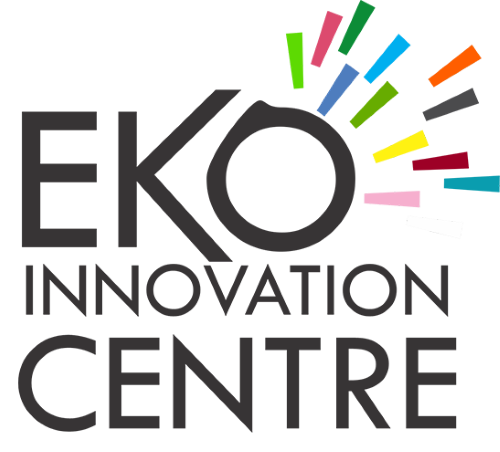For early-stage startups, building momentum often means balancing rapid experimentation with robust startup operations. Founders can leverage systems thinking to create scalable startup systems that unify processes and prepare for growth. Systems thinking involves viewing the startup as an interconnected whole rather than separate parts. This holistic approach to startup operations makes each team’s work matter in context and prevents ad-hoc silos in product, marketing, or finance. Integrating early-stage growth strategies around end-to-end processes helps ensure that efficiency gains in one area benefit the entire business.
Systems Thinking and Startup Complexity
Systems thinking recognizes a startup as a network of interconnected parts. Each department – development, sales, support, etc. – can be seen as a node in a larger system where changes ripple across the whole company. Leaders using this mindset map out end-to-end workflows and feedback loops, understanding how improvements in one operation lift performance company-wide. This perspective also highlights complexity: a startup’s many components constantly interact, making outcomes hard to predict when examined in isolation. By visualizing the entire system, founders can identify high-leverage points for growth and catch bottlenecks before they cascade.
Establishing Scalable Operations and Processes
To turn systems thinking into action, founders should establish interconnected processes that scale efficiently. Design your startup operations so each function’s output feeds the next. Key steps include:
- Map core workflows end-to-end: Document how a customer or project flows through teams (e.g. from marketing to product to sales), so everyone sees the path to delivering value.
- Standardize tasks and quality checks: Use repeatable processes (as Toyota emphasizes, “the right process will produce the right results”). Creating continuous process flow and standardized work brings problems to the surface early and builds a foundation for ongoing improvement.
- Automate routine operations: Apply tools for billing, testing, deployment and customer support. Automating repetitive tasks (like automated alerts or CRM integrations) frees the team to focus on innovation and growth.
- Build feedback loops and metrics: Track key indicators (customer satisfaction, cycle time, conversion rates) across the system so that data drives decisions. Visibility into performance helps pinpoint where processes need scaling or adjustment.
- Cross-train teams and clarify roles: Document roles and share knowledge so that no single person is a choke point. When growth accelerates, a well-documented process and shared skills let new hires slide in quickly and keep momentum going.
Anticipating Growth Challenges
Even well-designed systems need regular stress-testing as the startup scales. Systems thinking pushes founders to plan for bottlenecks before they become crises. For example, consider how your tech stack or customer support will handle 10× the users. Conduct scenario planning (e.g. load testing, hiring roadmaps) to spot vulnerabilities early. Align budgets and supply chains with projected scale, and build slack into critical processes. This might mean securing backup suppliers, provisioning extra server capacity in advance, or leaving buffer time in product sprints. In practice, proactively “what-if” planning ensures that when growth spikes, the system can absorb it rather than breaking under pressure.
Aligning Teams and the Founder Mindset
All the best processes work only when the team shares the vision. Founders need to cultivate a founder mindset that thinks in systems and connects daily tasks to long-term goals. For example, regularly communicate how marketing metrics influence product roadmaps, or how engineering timelines affect customer rollout. This big-picture perspective helps every team member see their role in the larger operation. Encouraging a culture of continuous improvement – where employees feel empowered to suggest system-level fixes – also mirrors systems thinking. Ultimately, a founder who leads by example, optimizing across departments and linking successes together, inspires a cohesive team ready for scale.
Conclusion
In conclusion, applying systems thinking enables startups to build momentum through coherent, scalable operations. For African entrepreneurs, Eko Innovation Centre reinforce this approach by offering resources, mentorship and innovation-driven programs. Our startup ecosystem emphasizes integrated thinking and provides frameworks for founders to align processes and anticipate growth. By tapping into our support – from expert mentors to hands-on workshops – founders can turn the systems-thinking mindset into practical tools. In this way, the Eko Innovation Centre helps guide startups to sustainable growth through well-designed, scalable systems.
